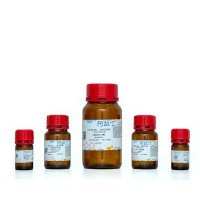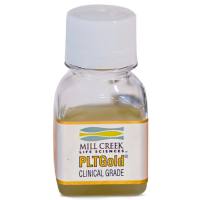Chemotherapy remains the mainstay in the treatment and management of many cancers. However, this treatment modality is fraught with difficulties associated with toxicity and also the emergence of chemotherapy resistance is a considerable problem. Cancer scientists and oncologists have worked together for some time to find ways of understanding anticancer drug resistance and also to develop pharmacological strategies to overcome that resistance. The greatest focus has been on the reversal of the multidrug resistance (MDR) phenotype by inhibition of the ATP-binding cassette (ABC) drug transporters. Inhibitors of ABC transporters – termed MDR modulators – have in the past been numerous and have occupied industry and academia in drug discovery programs. The field has been fraught with difficulties and disappointments but, nonetheless, we are currently considering the fourth generation of MDR modulator development with much data pending from the clinical trials with the third-generation modulators. First-generation MDR modulator compounds were very diverse and broad spectrum pharmacological agents which fuelled the excitement surrounding the research into the MDR phenotype in cancer at the time. Second-generation agents were very heavily evaluated in mechanistic studies and formed the basis for a number of oncology portfolios of big pharmaceutical companies. Given this input, a number of clinical trials were carried out, the results of which were somewhat disappointing. Even with the modest evidence of active combinations, trial data were considered promising enough to warrant development of the third-generation of modulators. A number of key molecules have been identified with potent, long lasting MDR reversal properties, and minimal pharmacokinetic interaction with the co-administered cytotoxic agent. The results from a number of these trials are eagerly awaited and there are many in the cancer research community who remain committed to this area of anticancer drug discovery.






